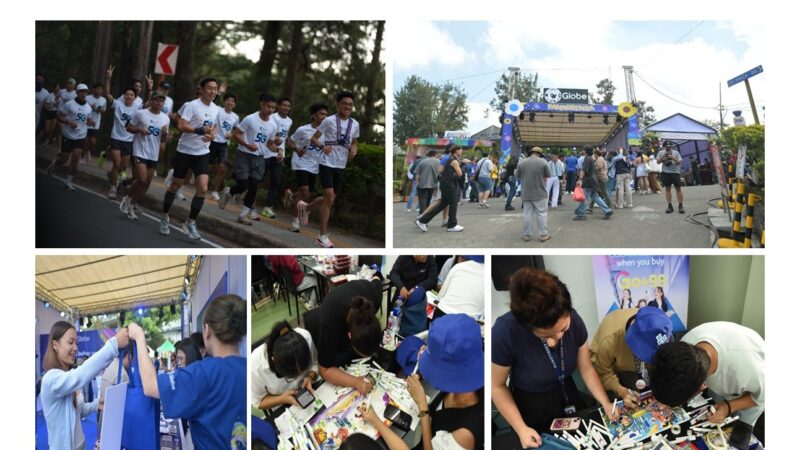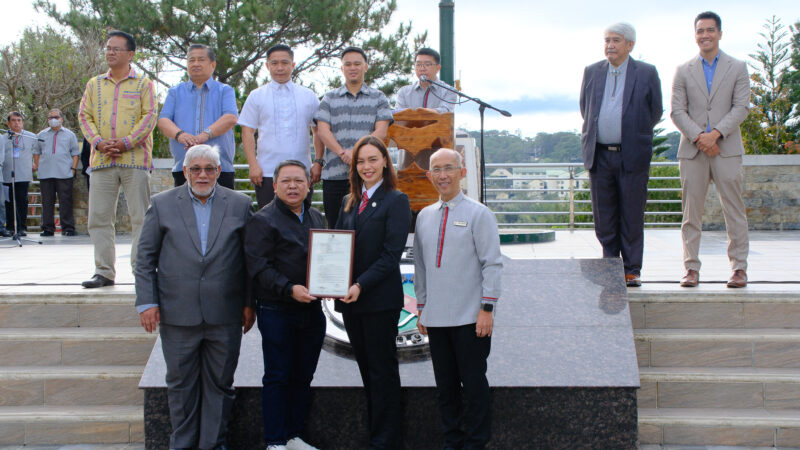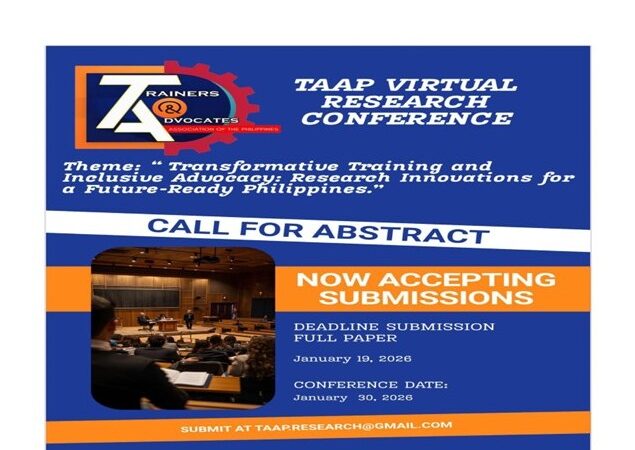Council endorses tourism resiliency project
City officials recently endorsed the multi-billion Baguio City Tourism Resiliency Project (BCTRP) to the National Economic Development Authority (NEDA) purposely for technical review subject to conditions.
The BCTRP will involve the proposed rehabilitation of the city’s sewerage system and septage project and training for the tourism workers that will be funded by a $60 million loan that will be obtained from the Asian Development Bank (ADB) by the State-owned Tourism Infrastructure and Enterprise Zone Authority (TIEZA) to provide the adequate funds for the realization of the same.
Further, the city government will be repaying the aforesaid loan through the TIEZA within a 20-year period starting from the year 2031- up to 2050.
Under Resolution No. 435, series of 2021, signed by Mayor Benjamin B. Magalong, city legislators stated that the said endorsement of the project does not signify acquiescence to a loan and that the same does not bind the local government into entering into a memorandum of agreement with TIEZA.
The council also sought to consider the financial capability of the city government for the payment of the loan to be availed; to take an in-depth study on the tariff to be collected; to consider the affected community and neighboring municipalities and for the conduct of continuous technical review relative to environmental hazards or impacts of the project.
Earlier, consultants of the BCTRP presented to the city council the details of the same, especially on the sanitation management of the city.
The implementation of the project was anchored on the previous findings of the Department of Environment and Natural Resources–Environmental Management Bureau (DENR-EMB) that cited the alleged very poor water quality of the city’s rivers specifically the record-setting levels of fecal coliform content in both the Balili and Bued rivers.
According to the council, the city’s existing sewage treatment plant by design is only programmed to treat over 8,500 cubic meters of waste water daily but it is now being fed with over 12,000 cubic meters of waste water daily which causes the overloading of the plant beyond its prescribed carrying capacity, thus, the need for its rehabilitation and upgrade.
Moreover, the plant’s saturated condition combined with untreated discharges from the communal septic tanks contribute to the alleged deterioration of the city’s river systems.
As part of the supposed stop-gap measure to prevent the deterioration of water quality discharge in the Balili River, one of the city’s major river system, the local government put in place de-watering machines to help in treating the waste water being fed to the sewage treatment plant before discharging the treated water to the river but the same is not sufficient in ensuring the compliance of the river system to the quality of water prescribed under the Philippine Clean Water Act.
The sanitation component of the loan aims to improve the capacity of the sewage treatment plant to around 12,000 cubic meters of water daily and further increasing the same to around 17,000 cubic meters to ensure the compliance of the water discharge to the river system. – Dexter A. See, 15.Sept.2021






